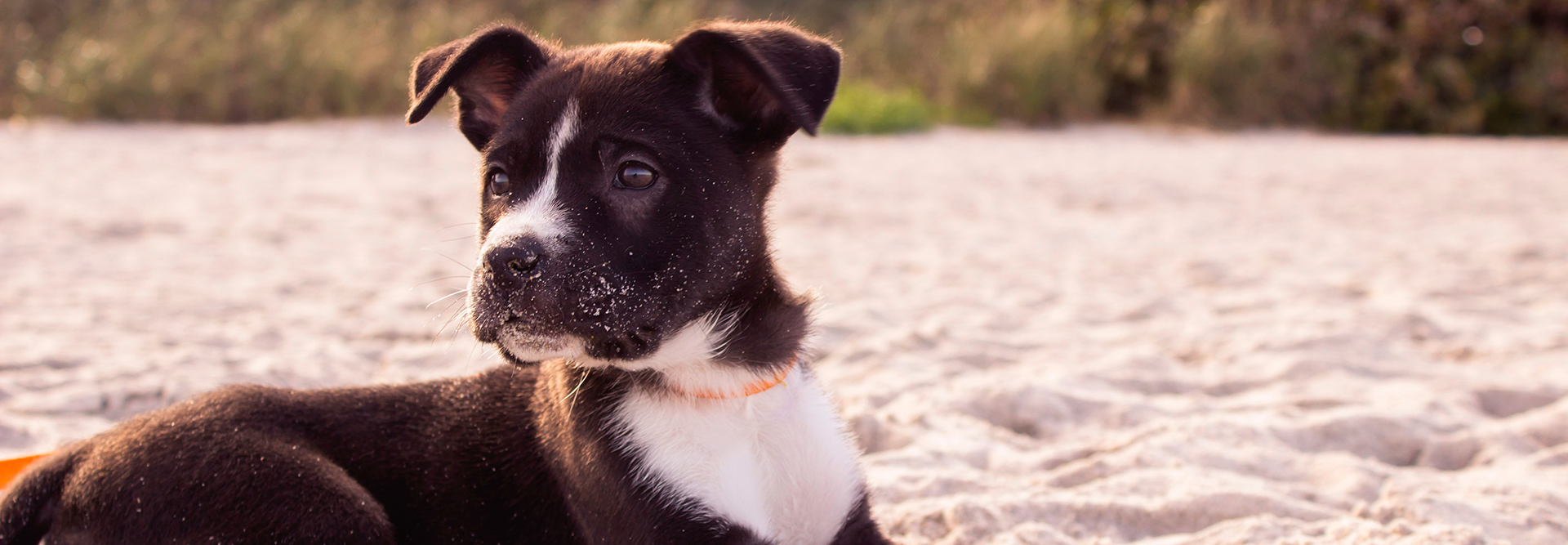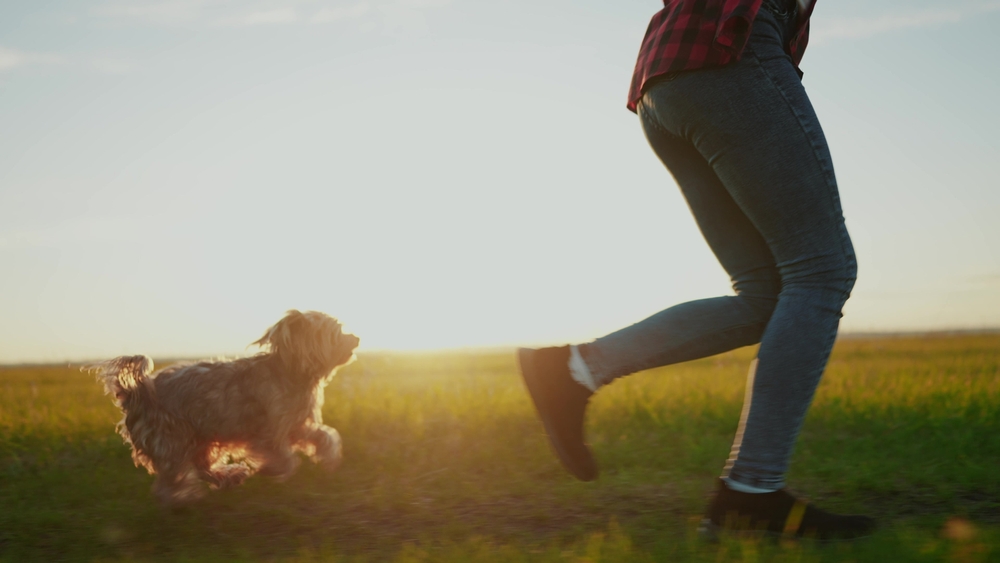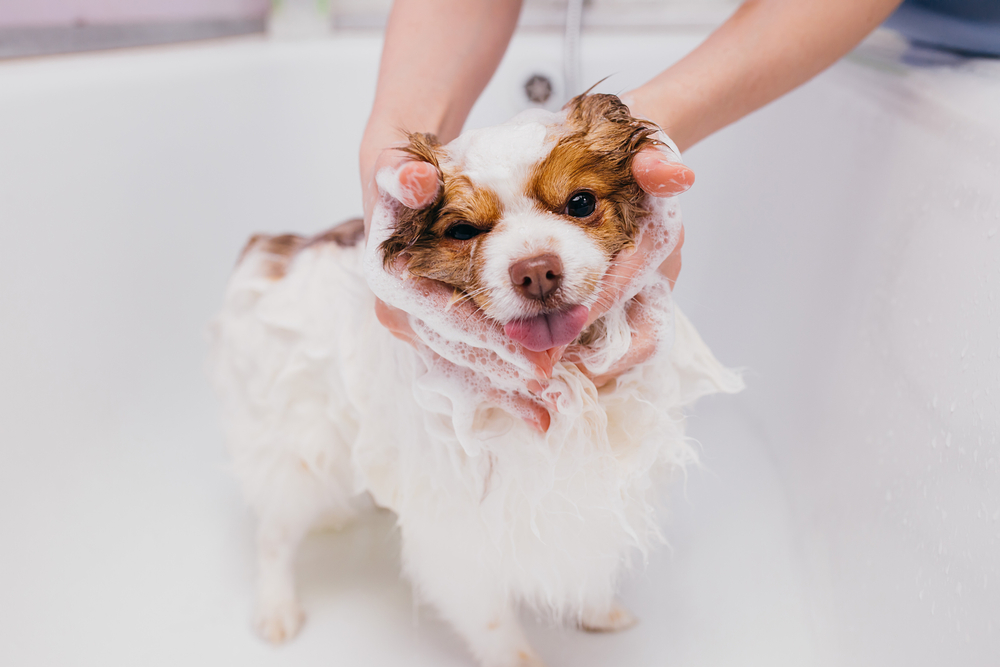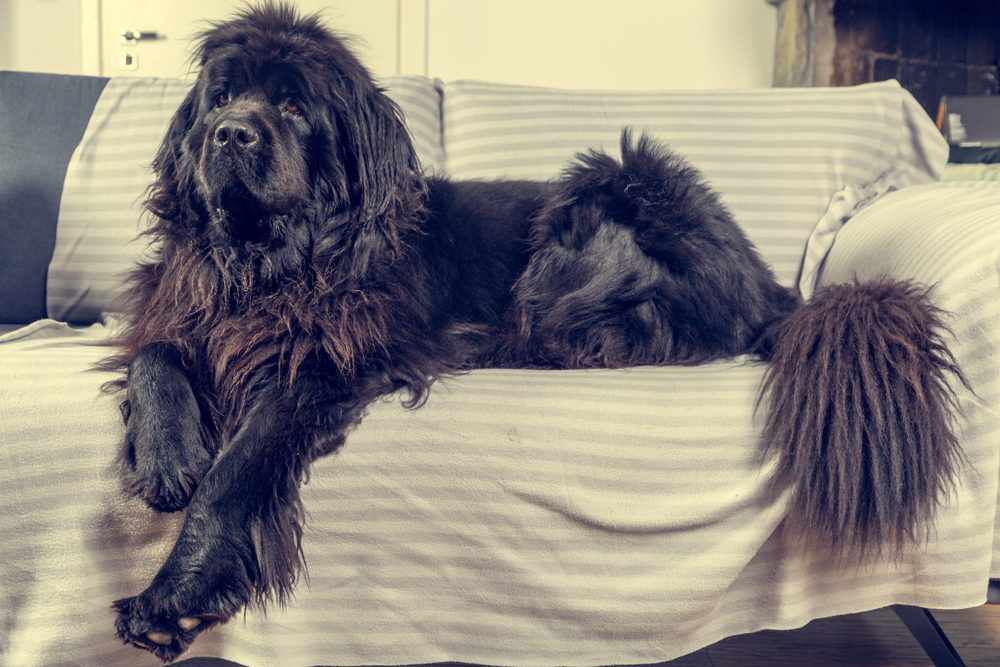
So, you’re thinking about becoming a puppy parent! Starting pet parenthood with a new fur baby might cause nervous excitement. That’s totally normal, and Petland Texas is here to help. Consider this article as your guide in terms of what to expect when you’re expecting… a puppy! There are questions that you’ll need to ask […]
So, you’re thinking about becoming a puppy parent! Starting pet parenthood with a new fur baby might cause nervous excitement. That’s totally normal, and Petland Texas is here to help. Consider this article as your guide in terms of what to expect when you’re expecting… a puppy!
There are questions that you’ll need to ask yourself. These will help you get clear on your intentions so that you can be realistic in terms of the time, energy, and attention you have to give a dog. This article will help you narrow down the best breeds for your energy level and lifestyle.
Let’s get started…
Raising a puppy will be one of the most memorable—and challenging—chapters in your life, if you so choose this mission. During the first couple of months with a puppy, your life will be delightfully turned upside down, never to return to “normalcy” again, but years from now when you look back, you’ll be happy about that!
Your long term experience with a dog can be very positive if you choose the right breed for your lifestyle and if you’re prepared to care for the animal for as many as 15 years. Ask yourself the following questions to help you decide for sure if you’re ready for a puppy.

The first question to ask yourself before you head into the pet store to buy your first puppy is, how physically active are you? The answer to this question will help you determine the best breed of dogs for you. Even if you’re housebound due to a physical disability, there are still at least a few dog breeds for you. Though in this instance you would have to find a friend, family member, or professional dog walker to commit to providing your dog daily exercise.
If you are active, like to get outside daily, go for long walks or jogs, and envision yourself bringing your dog along to these outings, then the best dog breeds for you will probably belong to the sporting breeds, also called “working” breeds.
Any of those breeds will happily accompany you on all of your adventures. If you lead a sedentary lifestyle, on the other hand, and spend most of your time at home, you’ll want to pick a dog breed that will be happy only going outside for bathroom trips, plus one long walk around the block daily.
Before we move onto the next question, we’d like to take a moment to really emphasize the importance of being realistic with yourself about the kind of energy level you’ll enjoy from your dog long-term. Even if you’re an active athlete, for example, if you mostly play team sports where your dog can’t accompany you, you might be happier with a cozy pug to leave at home until you’re back and ready to snuggle on the couch.

This next question really matters in terms of deciding not only whether or not you’re ready for a puppy but also which dog breed you should get. It might come as a surprise to you, but a dog’s grooming needs are actually part of his health care. If a high maintenance breed that requires daily brushing, frequent baths, and regular haircuts does not receive this level of care, the dog could fall victim to ear infections, mange, sores, and other serious conditions that will require medical attention from a vet.
Ask yourself, are you interested in bonding with your dog via grooming? Can you see yourself brushing your dog’s fur every day? Are you willing to bring your dog to the professional groomers once a season or once a month? Are you prepared to bathe your dog once a week if necessary? Or would you rather have a super low maintenance breed that will only need a bath if he gets dirty?
Once you get clear on the level of grooming care you’re prepared to provide your dog long term, we recommend you consider the following breeds on our high and low maintenance lists.
You might want to cross-reference the energy level and exercise needs with the grooming needs to make sure that the dog breed you get will match both your activity level and grooming willingness.

Next to daily exercise needs and grooming needs, all dogs have space needs, both indoor and outdoor. How much space a dog will need depends on his breed, which is why asking yourself how much space you can provide your dog with is #3 on our list of questions. If you live in an apartment in a city and you foresee that you will only be able to take your dog to the city dog park once a day in addition to the bathroom trips and walks around the block you provide, then it’s important that you choose a dog breed that will be satisfied with this.
It’s fine if you get a homebody, sedentary breed like a Pug even though you live on 10 acres of farmland. But it won’t be okay if you get a working breed like a Border Collie who needs to sprint outside for an hour a day, when you live in a city apartment with no access to parks. Also, it’s important to bear in mind that dogs need their own space, too. As a puppy, your fur baby will need his own crate, which will serve as his personal space. Crates come in all shapes and sizes, so ask yourself, how much room do you have?
Now that you’ve figured out your own daily activity level and how much energy you’ll have for a dog, you were realistic with yourself about meeting the grooming needs of a dog, and you assessed how much indoor and outdoor space you can provide a dog, there’s only one question left to ask yourself. Read on to discover what that is…
A dog is a serious commitment. Puppyhood lasts between 8 months and a year, but doghood really lasts a lifetime, or close to it. Some people who have never had a dog before can get fixated on the cuteness of puppies. Puppies are cute. But puppies don’t last. Have you asked yourself if you’re prepared to care for a dog for the next 10 – 15 years, in sickness and in health, till death do you part? Being a pet parent is all about being a parent, and you’re sure to feel like you’re raising a furry child as soon as you’re in the thick of it.
Now that you’ve asked yourself these questions and gotten clear on the best dog breed for you, are you ready to buy your first puppy? Petland Texas can help. For American Kennel Club approved purebred puppies, check out our breeds online, or stop in one of our Miami locations and speak with our knowledgeable pet counselors.